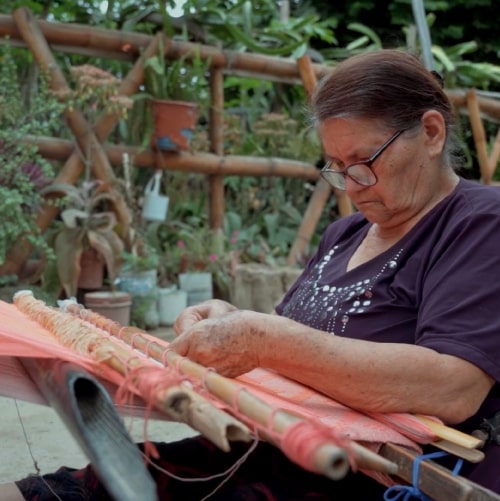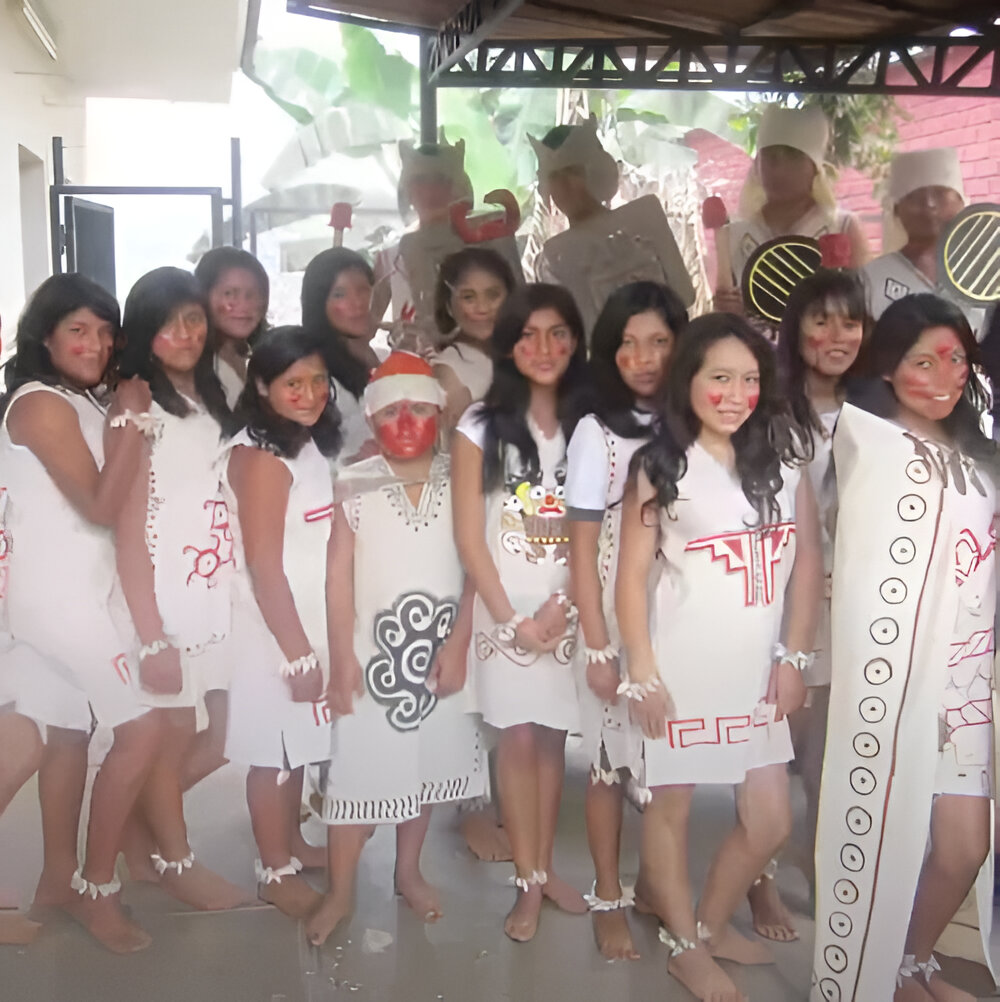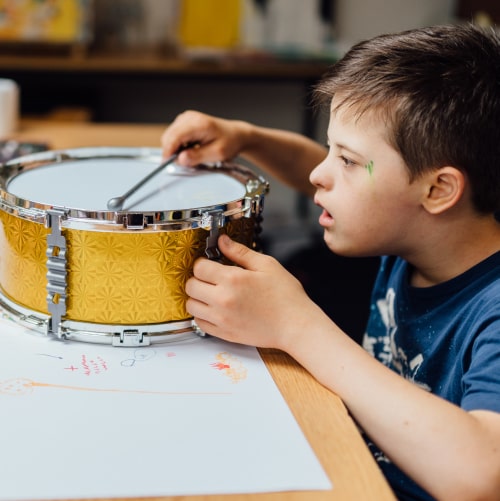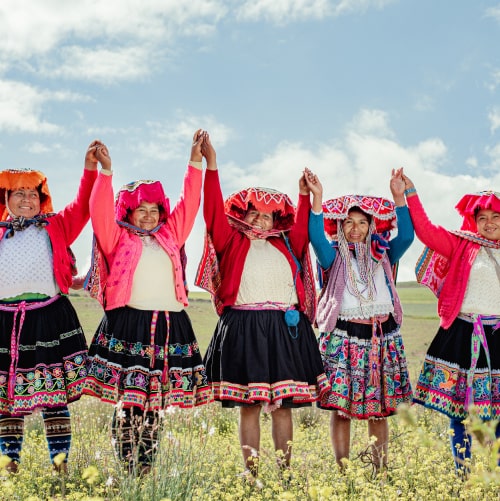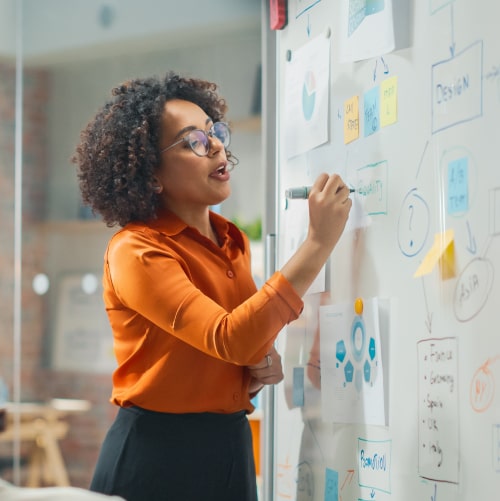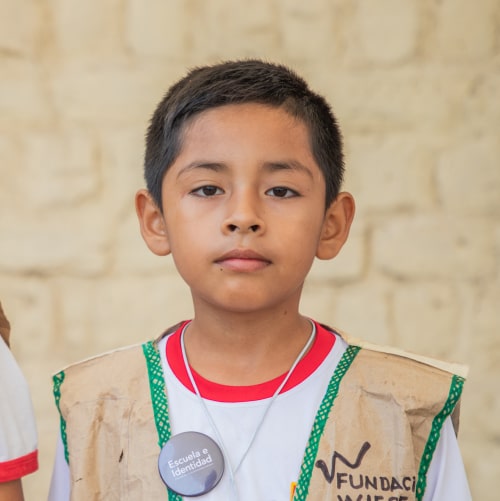Managing these environments within schools not only helps teachers to overcome the effects of the pandemic, but also carries over to their students.
Welcoming spaces are environments for listening in a group or exchanging personal experiences about some important occurrence, a useful tool that Rosario Bringas, a specialist in expressive arts therapy from the Educational Quality program of the Wiese Foundation, recommends using for the return to in-person classes for teachers.
“We should remember that welcome is the fundamental ethic that sustains all educational relationships, that “being okay” is just as important today as “working” and achieving academic goals. This supposes the encounter between the subjectivity and the vulnerability of teachers, with the power to share our intimacy and emotions”, indicates Bringas.
Creating a welcoming space
The specialist emphasizes that before creating a welcoming space, it is absolutely fundamental to prepare to pay attention to teachers’ emotions; doing so will allow them to relieve any grief, grow, learn, and live.
“Respect and value for the emotions shared, the security, and the trust of those who participate in the space and the confidentiality of the shared experiences should be taken into account. Furthermore, we shouldn’t forget play and art as alternative languages to communicate experiences”, emphasizes Rosario Bringas.
In line with this, the teachers should form a circle. The meeting will begin with a question that allows the participants to share experiences and emotions not only verbally, but also through art, using drawings, for example.
These are some of the questions that can be used inside a welcoming space:
- What did you learn during the pandemic?
- How do you feel about the return to in-person classes?
- How do you feel about the loss of colleagues that we lost due to the pandemic?
- What did you value about yourself during the pandemic?
- How would you like classes to be during this new stage?
- What are you taking away from this encounter?
It is important to keep in mind that not all teachers will be willing to participate, so we should remember that there is time to earn their trust and that we shouldn’t just implement one session during the school year.
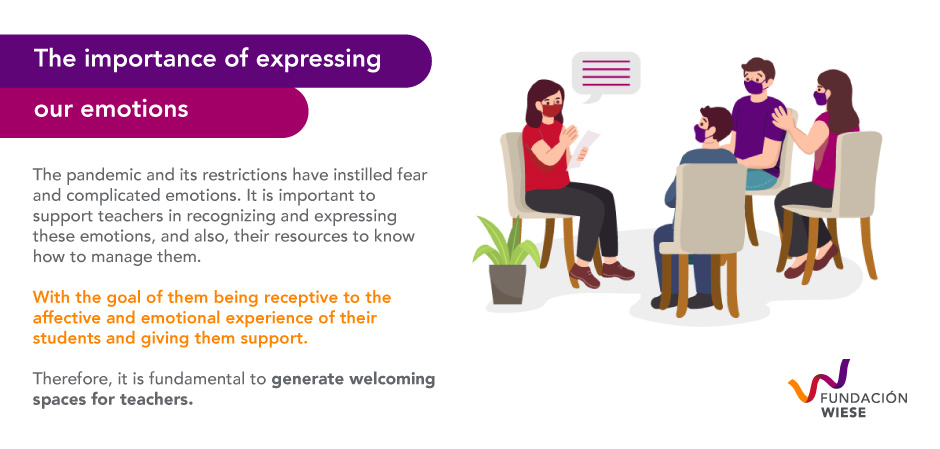
“To promote the socioemotional wellbeing of the collective of teachers, it is key to generate these welcoming spaces, in an affective and respectful manner, using play and the arts”, highlights Rosario Bringas.
We invite you to watch the complete video that follows: https://www.youtube.com/watch?v=PAoVTcZSDAc



